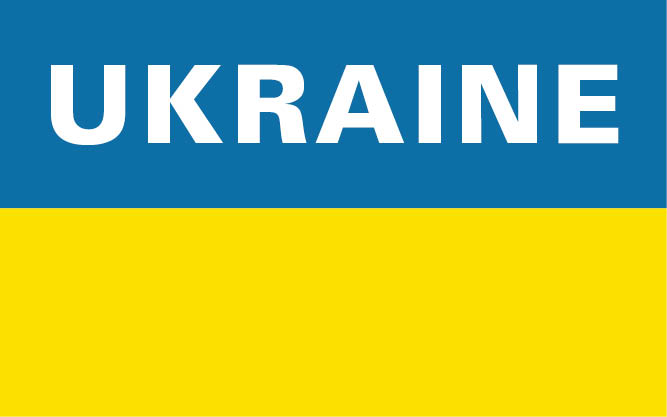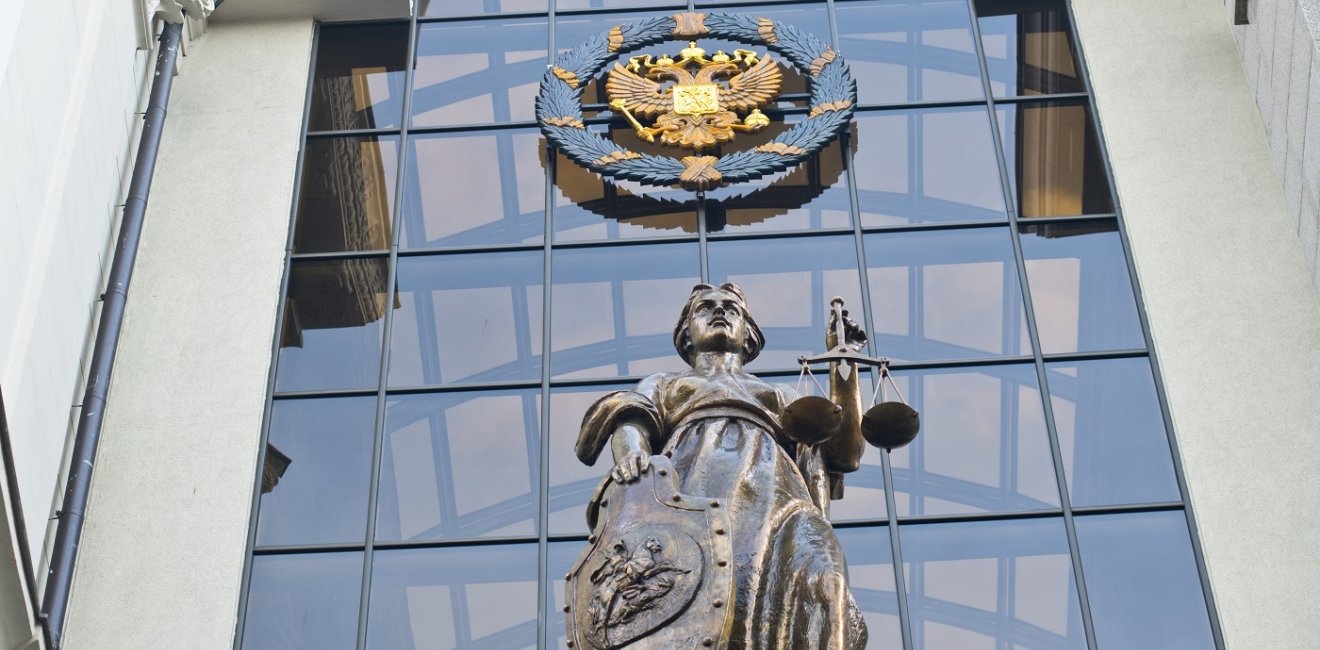
A blog of the Kennan Institute
Russian opposition political leader Alexey Navalny recently came to a clear conclusion: without a successful judicial reform following the collapse of the USSR, all other reforms were doomed to failure. “If an independent judiciary had been established, then a new usurpation would have been impossible or greatly hindered,” he said.
One cannot deny that the current dismal state of the Russian judicial system is partly due to mistakes made during the transitional justice period following the collapse of the Soviet Union. Since no lustrations were carried out after its fall, judicial positions in Russia were occupied by those who had made blatantly unfounded and politically motivated decisions during the Soviet era. Such judges perpetuated old approaches in their work, imparted them to younger judges, and also actively opposed attempts to establish democratic approaches within the judiciary.
A striking example of getting rid of new and liberal figures was the dismissal of Judge Sergey Pashin from the Moscow City Court. A prominent and outspoken figure who promoted the rule of law in theory and practice, Pashin was fired from his position in the early 2000s. He was then reinstated by the Supreme Court, but after his second firing and reinstatement, he did not wait for a third occurrence and resigned.
The judges who have entered the judicial system over the past 30 years have absorbed the worst aspects brought by judges from the Soviet era, primarily prioritizing the state’s interests over an individual’s and tending to defer to the executive branch of government instead of upholding the constitution. Considering that about half of appointed judges have a career trajectory of secretary-assistant-judge and lack any other work experience, young Russian judges have no place to study the law. When there are only bad traditions and behavior within the judicial community, rookie judges will absorb all the negativity like sponges.
The system does not tolerate judges who hold liberal views on the law and believe that the judiciary should be independent of the executive branch. The situation is quite the opposite for judges willing to be friendly with the executive branch. One of the reasons for this state of affairs is the personality of the leader of Russia's judicial system. Vyacheslav Lebedev, the chief justice of the Supreme Court of Russia, has been leading the Russian judiciary since 1991. Before his appointment to this position, Lebedev incarcerated individuals for “anti-Soviet activities” and “knowingly false fabrications that defamed the Soviet regime.” After 30 years, history is repeating itself, but now, instead of being imprisoned for “anti-Soviet activities,” individuals are imprisoned for discrediting the Ministry of Defense.
This leads to a situation where court decisions have nothing to do with the law, and motivation behind them is highly questionable. In the Russian judicial system, the primary criterion for evaluating a judge's work has become not the protection of the law but the support of the executive branch.
For example, in July 2022, Moscow municipal politician Alexey Gorinov was sentenced to seven years at a penal colony, partly for expressing the fact that children were dying in Ukraine. Although the defense presented UN reports as evidence of Ukrainian children’s deaths following the Russian invasion, the courts did not even evaluate this information in their opinions.
Another equally absurd case occurred in May 2023, involving U.S. Senator Lindsey Graham, who was accused of uttering a nonexistent phrase by Russian state media. Despite immediate fact-checking that showed that two phrases had been artificially combined, and that the senator never said it, the Investigative Committee of Russia started a criminal inquiry against Graham and a Russian court issued an arrest warrant for the senator. All these actions would be impossible without corrupted judges who try to help the executive branch. It is not clear if the judges will be brought to responsibility in the future.
Will lustration by itself be able to rectify the situation with justice in the post-Putin period? Probably not. However, lustration will help achieve two important goals.
First, it will establish a minimum level of accountability for judges’ human rights violations. All judges who made unlawful decisions should face criminal responsibility. However, since there are hundreds of thousands of such decisions and thousands of judges, it is not guaranteed that criminal accountability will catch up with all of them. Lustrations, which do not require proof of guilt in each case, appear to be a more effective mechanism, although lustrations may not have the same impact and severity as criminal charges.
Secondly, lustration will help combat the negative legacy of the Soviet and post-Soviet legal systems, much like a tumor removal operation helps fight cancer.
The experience of other countries shows that lustrations are a successful tool of transitional justice. In the 1990s, Poland, Hungary, Czechoslovakia (the Czech Republic, in particular), and other former Soviet bloc countries actively used lustrations to rid themselves of the influence of the USSR and local intelligence agencies. Interestingly, Hungary, now the strongest ally of Russia in Europe, pursued the mildest lustration policy in the 1990s. Ukraine’s experience also deserves mention, as it conducted judges’ lustrations following the 2014 Euromaidan.
However, lustrations are often criticized as undemocratic, and international judicial bodies do not always agree with the practice. For instance, the European Court of Human Rights made its first decision on lustrations in 2004 in the case of Sidabras and Others v. Lithuania, partially finding a violation of the European Convention on Human Rights in relation to one of the applicants (although the court did not find such violations with others). The actions of the Russian regime that withdrew Russia from the European Convention have provided an opportunity for those working on implementing lustrations in the future, since the European Court of Human Rights' restrictions on lustration measures would only apply to post-Putin Russia once the latter potentially rejoins the Convention. This temporal gap creates an opportunity to disregard specific provisions of the Convention and could make lustration measures more severe and strict.
In any case, there is still some time until the regime in Russia changes, which provides an opportunity to consider which path to choose to make lustrations as rigorous as possible without violating the Convention. However, there is no doubt that the judicial community should be purged in post-Putin Russia in order to prevent the justice system from once again returning to the trajectory of justice in the USSR.
The opinions expressed in this article are those solely of the author and do not reflect the views of the Kennan Institute.
Author


Kennan Institute
After more than 50 years as a vital part of the Wilson Center legacy, the Kennan Institute has become an independent think tank. You can find the current website for the Kennan Institute at kennaninstitute.org. Please look for future announcements about partnership activities between the Wilson Center and the Kennan Institute at Wilson Center Press Room. The Wilson Center is proud of its historic connection to the Kennan Institute and looks forward to supporting its activities as an independent center of knowledge. The Kennan Institute is committed to improving American understanding of Russia, Ukraine, Central Asia, the South Caucasus, and the surrounding region through research and exchange. Read more

Explore More in The Russia File
Browse The Russia File
Chechnya as a Model of Modern Russia

Russia’s Indigenous Communities and the War in Ukraine

Gas and Power in a Changing US–Russia Relationship



